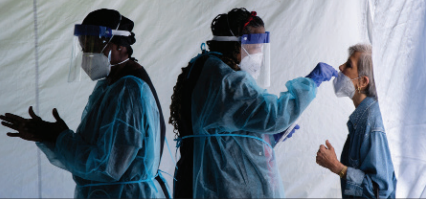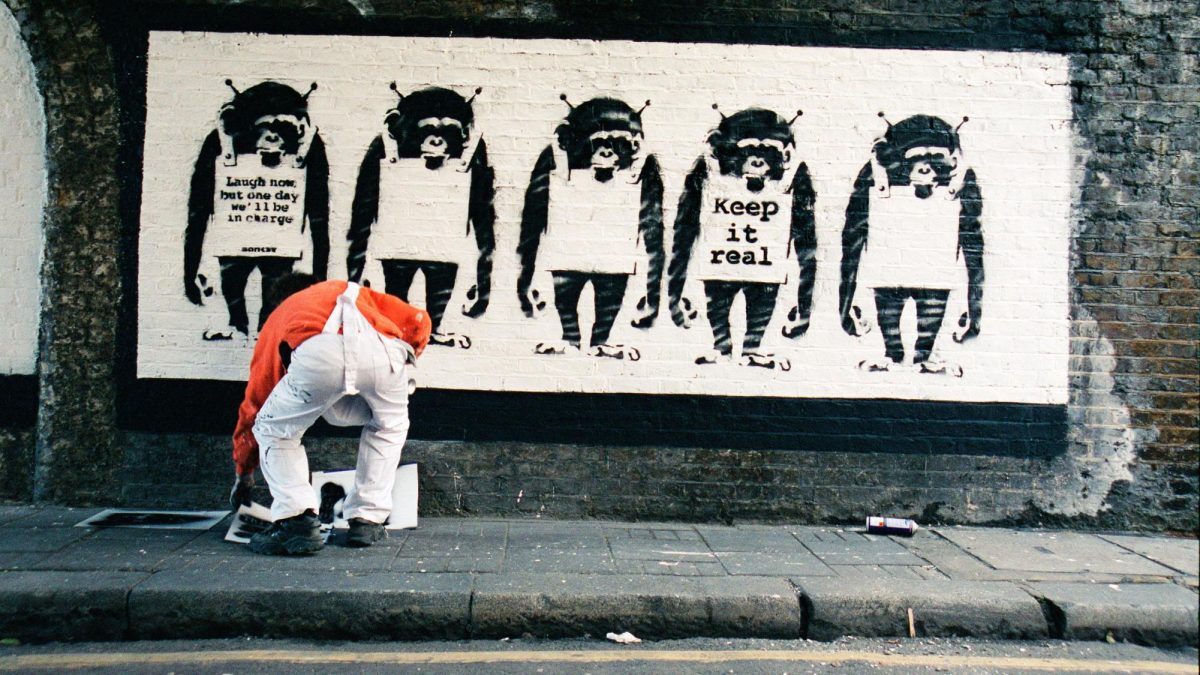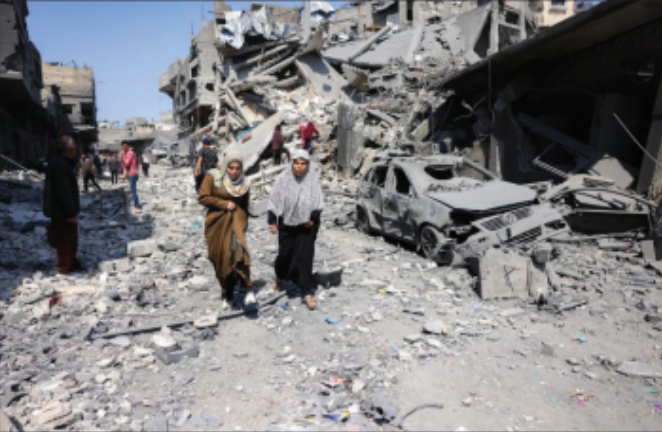
Throughout history, language in regard to outbreaks has been used to “otherize” specific groups of people. From the AIDS “epidemic” to the “Spanish Flu” (Great Influenza), language about health crises has isolated social or racial groups, limited adequate healthcare, and been weaponized in the media.
Choices of language and etymology around different diseases such as syphilis, AIDS, and the opioid crisis have had consequential downstream effects on public perception of these diseases and the treatment of those affected, revealing the impact of our words in creating change.
As early as the fifteenth century, syphilis, which killed up to five million people in Europe between the 15th and 16th centuries, was called by different names in different countries. In France, syphilis was often referred to as the “neapolitan disease,” which was their way of blaming the Italians. Conversely, Italians called the disease the “French disease,” blaming the French.
Using language to allocate blame is a phenomenon that has persisted into the 20th and 21st centuries: in 2020, President Trump called COVID-19 the “Chinese virus;” in 1919, the Great Influenza was referred to as the “Spanish Flu,” despite being believed to have originated in Kansas.
Another instance of language being weaponized in public health crises is the AIDS pandemic. AIDS has killed over 42 million people and exists in over 100 different countries around the world. Still, despite clearly meeting the criteria for a pandemic, the disease is referred to as an epidemic. In large scale public health crises, there are two common words for classifying the severity of a disease. The first, epidemic, comes from Greek and can be broken down into “epi,” meaning “upon” and “demos,” meaning “people.” An epidemic is a disease that impacts only a particular region. A pandemic, on the other hand, refers to an outbreak that spreads across several regions, coming from the Greek “pan,” meaning “all.”
The scope of pandemic versus epidemic is important to understand, as an epidemic can be dismissed as something that only impacts certain people and is therefore irrelevant to everyone else, while a pandemic is an issue that requires global unity to find a solution. Beyond the lack of community galvanization for change created by the etymology of “epidemic” and “pandemic,” language has also been weaponized to isolate queer men in the United States diagnosed with AIDS. For example, President Ronald Reagan, who was in office during the outbreak of the AIDS pandemic in the United States, described the disease as the “gay plague” and referred to its victims as “fairies.” Similarly, the term “crack crisis” was often used in the 1980s United States to justify police brutality towards Black communities and to further inflate stereotypes in relation to Black communities and crime and substance use. In comparison, the “opioid epidemic,” which affected predominantly white people, was framed as a health crisis which centered around a caring and medical response compared to a criminalization of its victims.
Etymology and language has long been weaponized as a tool to target minority groups of people. Being conscious of our language and how we discuss different healthcare issues is crucial for creating meaningful change and conversations.
This article also appears in our March 2025 print edition.












